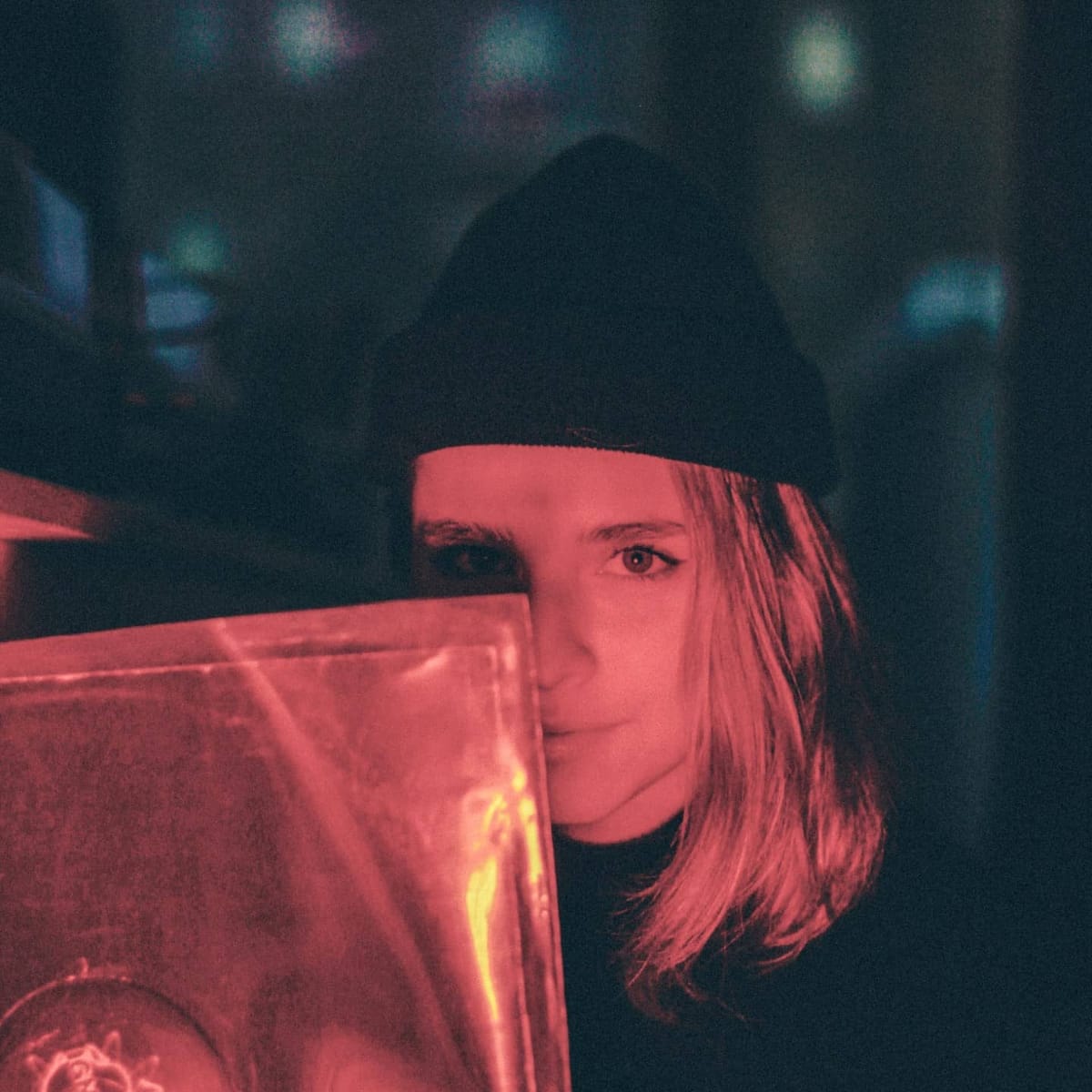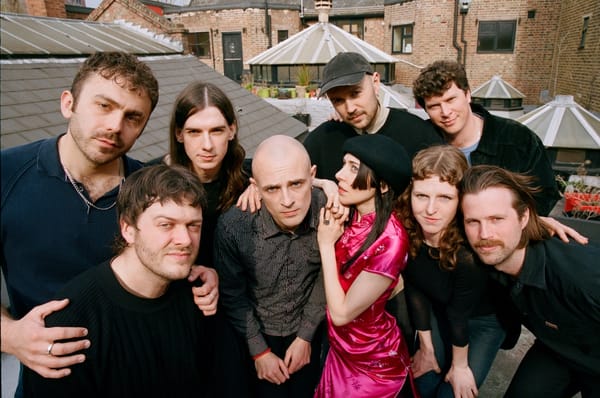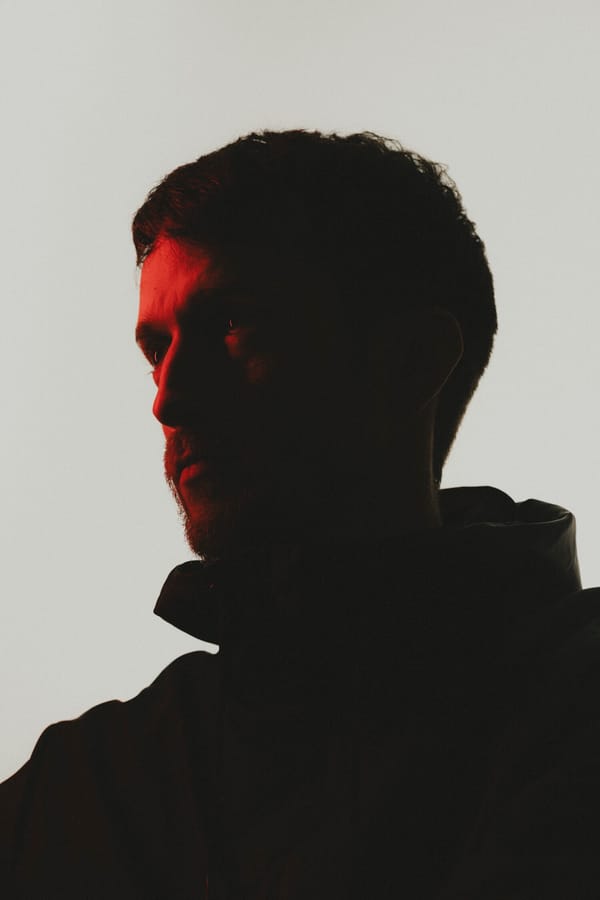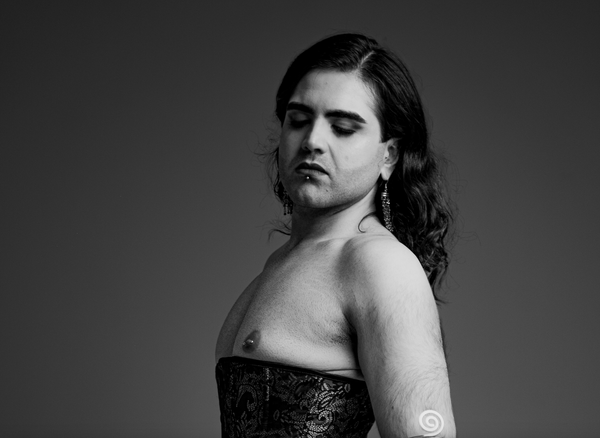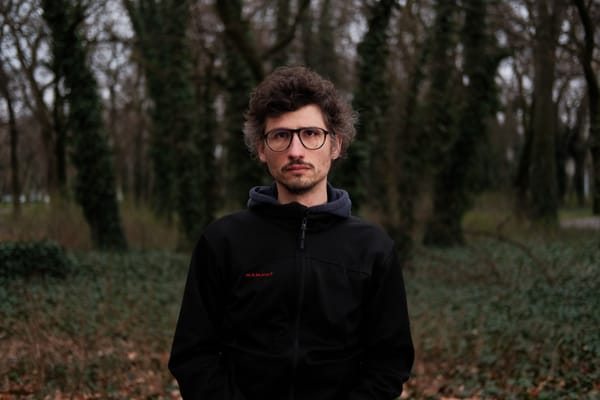Register for free to receive our newsletter, and upgrade if you want to support our work.
MSJY will perform will at Gólya, Budapest on September 30th (FB link).
MMN: What’s your take on 4/4 vs breaks for today’s rave and dance music, audience expectation and acceptance?
MSJY: I just returned from a festival in the USA (sustain release) and at all corners was breakbeat and fast tempos. I can safely say acceptance for breaks has been spreading around the globe. It’s also evident in all the kinds of break edits and the collaboration of sounds like baile funk breaks (thank you badsista) and dembow breaks (Nick León) and beyond. It’s an exciting shift in the dance culture and I am entirely here for it! I hope the trend is long lasting.
MMN: Is music political these days?
MSJY: Music has always been political, in the sense of protest and in the interest of unity. However these days I find that political acts can be misconstrued with political opinions. And I am certainly quite anti unholstered, poorly researched expression of political opinion. Dance communities are supposed to support and elevate. It was interesting to see how the lack of these dance spaces during corona seemed to create so many rifts in the dance industry. Ones that we begin to declutter with the presence of in person dialogue and dance.
MMN: What’s your experience when you compare Western vs other parts of Europe parties? When you’re in the booth and the party is on, is there a difference at all?
MSJY: Certainly! When I travelled east to Russia and Ukraine, the intent to party as a protest was so palpable. It was a resistance to oppressive regimes and the unity and efforts to do this were also so strong. Of course with their differences, and sadly in inappropriate times to group them – the youth danced with a united passion. Hearing stories of Ukrainians dancing in Western Ukraine now, I am sure it’s true more now than ever!
MMN: Could you tell us about how the mentorship works at Femme Bass Mafia?
MSJY: We run a 6-month program with 6 students, with weekly mentorship sessions, providing spaces for them to practice as a group as well (weekly). We rotate as mentors providing our own take on working the decks as well as some courses on mental health, gear and signal chain flows, working with the mic and voice, as well as tools to aid in djing. Mostly beginners and with focus on femme and queer since we all had similar experiences of elbowing our way through a male focused competitive learning environment.
MMN: How do you draw inspiration musically?
MSJY: That comes in all shapes and sizes! Sometimes it’s one song I hear on NTS, sometimes an inspiring set, sometimes an artwork or even experiences entirely outside of the music scope. Sometimes it’s the lack of music at all that inspires me to make again.
MMN: Berlin is said to be the capital of techno and parties elsewhere in the world try to copy the Berlin vibe. As techno becomes more and more mainstream, it loses its underground character too. What do you think this process will transform into, how will underground parties look like in Berlin in the future?
MSJY: I do think that there is a saturation of conventional club spaces in Berlin and what is lacking is a combined mentality of what a party should feel like. I think the underground scene will always try to focus on the people and community rather than solely on a combined musical vision. People are also tired of control and surveillance making unhealthy, disrespectful door welcomes and security more obsolete.
MMN: Feminism is getting stronger in the Western European electronic scene. Here in Budapest, unfortunately, the feminist perspective often seems only to be a symbolic or obligatory attempt, which in practice means inviting at least one woman to play for an event. Based on your experience from the inside, how is this fight going?
MSJY: Performative feminism is all over Western Europe too. But, happily there are so many strong voices that hold accountability to true feminism so that we can positively encourage opportunities for equality here. There are also so many organizations that support learning environments for minorities and marginalized communities that there is generally more outcome. It’s important to continue providing support and spaces of learning and to encourage bonds in community spaces that feel safe for everyone. Sometimes that means excluding some people that do not want to work on maintaining the safety.
MMN: Could you tell us a bit about your other performer side, Xades?
MSJY: I have always had the inclination to sing and produce music on the listening spectrum. As well as my necessity to express and address emotions through song. I guess now I truly have an outlet for it, and the vision of Xades will be morphing along with everything else.
Questions asked by the FUKK THE ROLES crew and gammaw.


